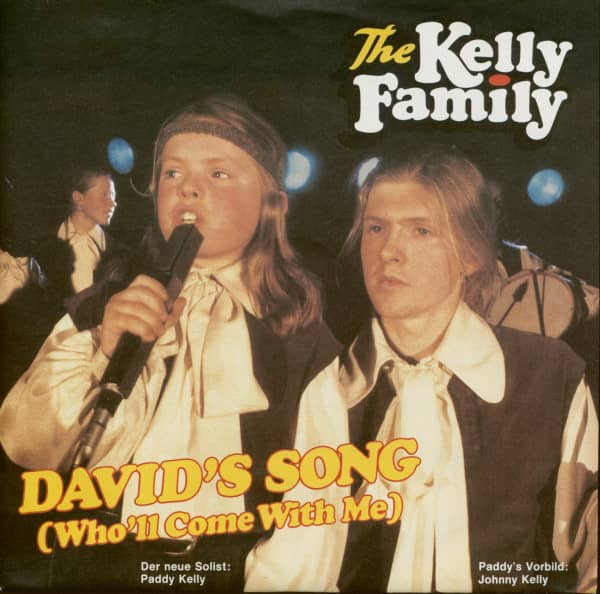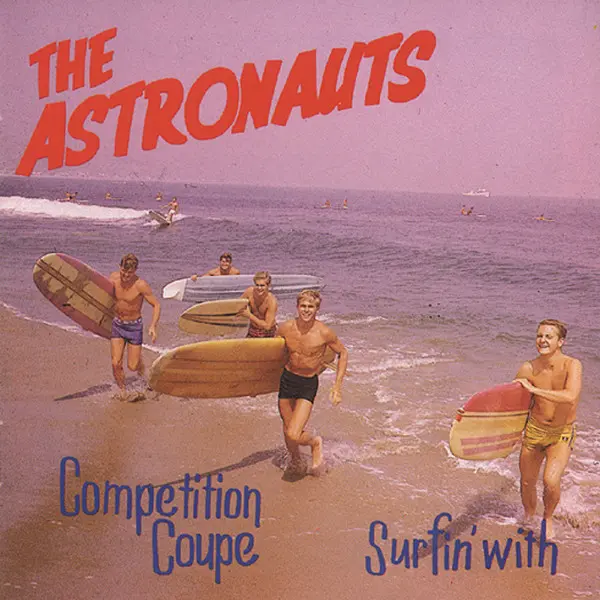Eric Burdon & War Eric Burdon Declares 'War' (CD)
* incl. VAT / plus shipping costsDepending on the country of delivery, the VAT at checkout may vary.
Item is temporarily out of stock.
Approx. delivery time: up to 3 weeks. (as far as available at the supplier - can be faster, but sometimes unfortunately not)
- catalog number: CD597003
- weight in Kg 0.1

only 1x still available
Ready to ship today, delivery time** appr. 1-3 workdays

Item has to be restocked

















